The G7 Summit is the focus of the international community in the coming days.
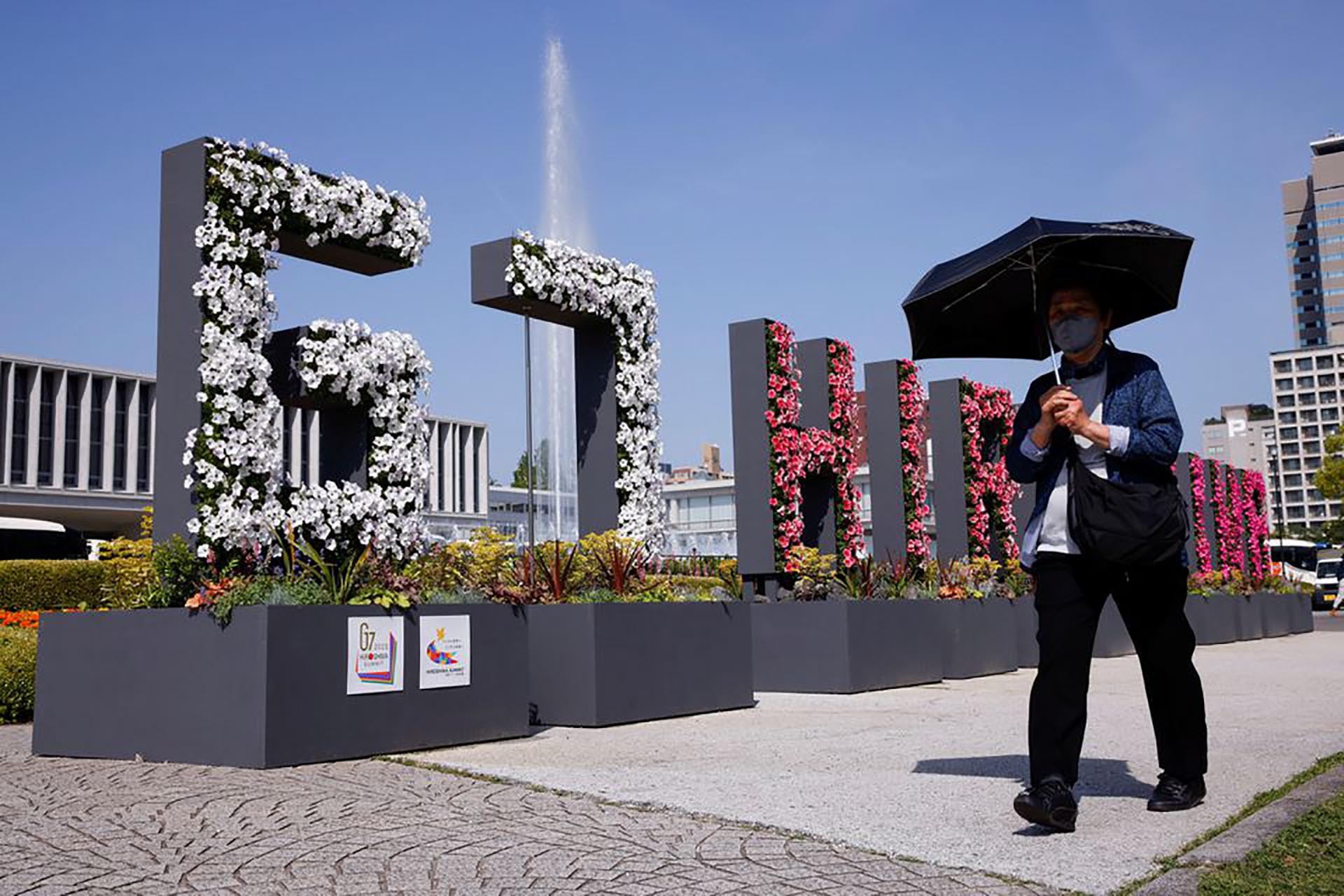 |
| This year's G7 summit takes place from May 19-21 in Hiroshima, Japan. (Source: Reuters) |
On May 19-21, all the attention of the international media will be focused on Hiroshima, Japan, where the G7 Summit will take place. The host country will welcome the leaders of the remaining six member countries (Britain, France, Germany, Italy, Canada and the United States) and a number of other countries invited to attend the expanded G7 Summit.
Security is of particular concern to the host country, especially after the host country's Prime Minister Kishida Fumio was attacked with smoke bombs in Wakayama City on April 15. However, what the community is most interested in is the content of the G7 leaders' discussions this time, especially on the Russia-Ukraine conflict and China.
Russia-Ukraine conflict
A highlight will certainly be the conflict in Ukraine, with G7 members having imposed bilateral sanctions as well as participating in various forms of multilateral sanctions. Therefore, it is not surprising that the G7 Joint Statement will once again continue to criticize Russia. Japan's Finance Minister said that the parties will step up efforts to share information to prevent Russia from "dodging" sanctions, or even imposing more comprehensive sanctions.
The question, however, is how far the G7 is willing to go. EU leaders have failed to agree on a complete break with Russian gas in the 11th round of sanctions. Whether the four European G7 countries will be among the dissenters remains unclear. Even if the above disagreement is unlikely to recur at the G7, it shows that finding a unified approach to Russia is not simple.
Another problem will be how these countries will aid Ukraine. Regarding weapons, there have been some “differences” in the views of the G7 countries. While the US, UK, France, Canada and Italy are ready to send a lot of modern equipment and weapons, due to constitutional barriers, Tokyo’s aid to Kiev has only stopped at necessities, humanitarian goods and reconstruction commitments.
Meanwhile, Germany has been “raising and dropping” many times before deciding to send Leopard I and II tanks to Ukraine. That is not to mention the fact that European countries are “running out of breath” as their weapons reserves are gradually depleted and they have to speed up production. However, all weapons sent to the Eastern European country come with a commitment – not to be used to attack Russian territory.
Regarding economic aid for Ukraine, at last week's meeting, G7 Finance Ministers pledged at least $44 billion in aid to Ukraine in 2023. This is a significant amount for European countries trying to curb inflation and maintain recovery momentum after the Covid-19 pandemic. Not to mention the controversy over the impact of Ukrainian grain on European agriculture.
These aspects of the conflict are likely to feature in the discussions of G7 leaders in Hiroshima.
China Story
In an article on May 17, Reuters commented that the Russia-Ukraine conflict is not the only “elephant in the room.” Instead, the China issue is the factor that could cause the G7 to disagree the most.
On the one hand, the group is concerned about China’s growing role in global supply chains and economic security. On the other hand, the G7 does not want and cannot completely “isolate” the Asian powerhouse and the leading trade partner of all its members, whether it is Japan, Germany, Canada or the United States.
Professor Michishita Narushige at the National Graduate Institute for Policy Studies (GRIPS) in Tokyo said that the issue of “great power competition” will be an important topic at this G7 Summit. He commented: “They need to address the issue of economic security and sensitive technologies. Everything is part of the great power competition that is going on between the US and Russia, as well as between the US and China.”
According to Reuters, G7 leaders are expected to discuss China's so-called "economic coercion", even dedicating a specific section to talk about how to deal with the Asian power, in addition to the content about the Russia-Ukraine conflict, economic resilience, economic security, food security...
Beijing seems to be well aware of this. Writing in Xinhua on May 17, commentator Xin Ping said that the G7 “little family” is gradually losing its status and past glory, and criticized the group for continuing to interfere in Beijing’s internal affairs. Meanwhile, an editorial by Yang Bojiang, director of the Institute of Japanese Studies at the Chinese Academy of Social Sciences, published in China Daily on May 17, stated that most of the issues discussed at the G7 will be directly or indirectly related to China.
In that context, the upcoming G7 Summit is an opportunity for leaders of member countries to sit together and discuss hot issues, find solutions to the Russia-Ukraine conflict, and find a suitable approach to China.
Source


![[Photo] Collecting waste, sowing green seeds](https://vphoto.vietnam.vn/thumb/1200x675/vietnam/resource/IMAGE/2025/10/18/1760786475497_ndo_br_1-jpg.webp)
![[Photo] Closing ceremony of the 18th Congress of Hanoi Party Committee](https://vphoto.vietnam.vn/thumb/1200x675/vietnam/resource/IMAGE/2025/10/17/1760704850107_ndo_br_1-jpg.webp)

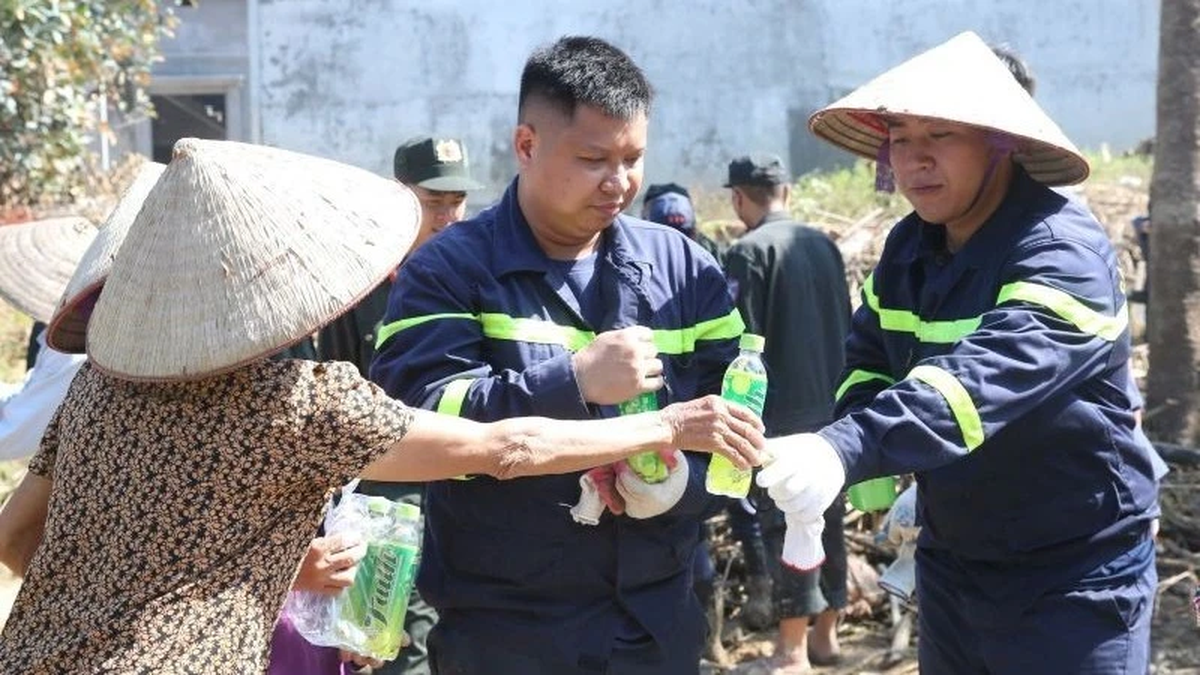

![[Photo] General Secretary To Lam attends the 95th Anniversary of the Party Central Office's Traditional Day](https://vphoto.vietnam.vn/thumb/1200x675/vietnam/resource/IMAGE/2025/10/18/1760784671836_a1-bnd-4476-1940-jpg.webp)






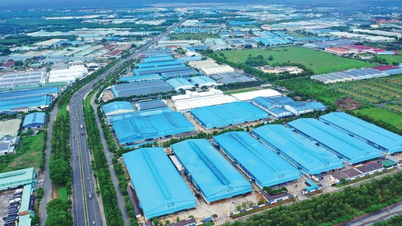

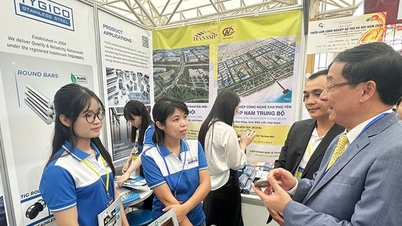



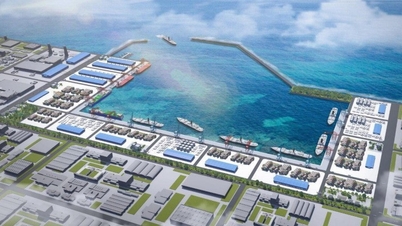

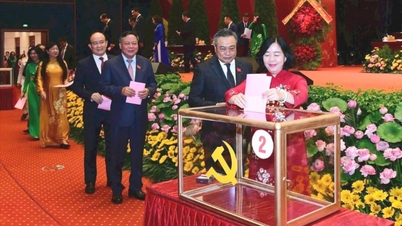
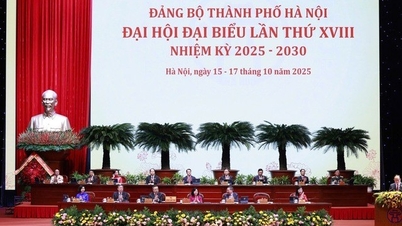
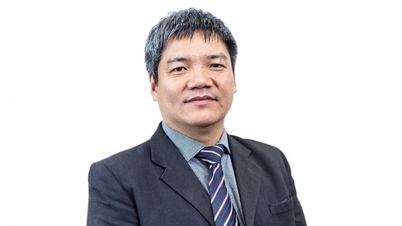
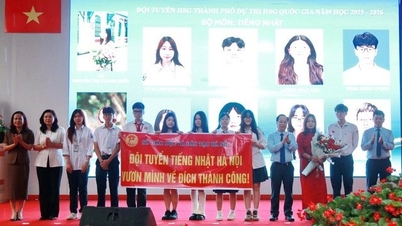
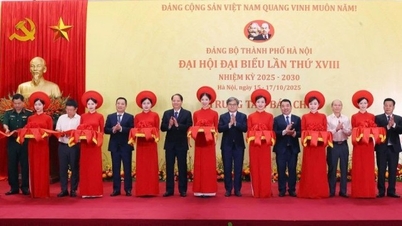




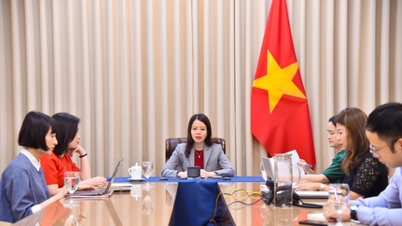
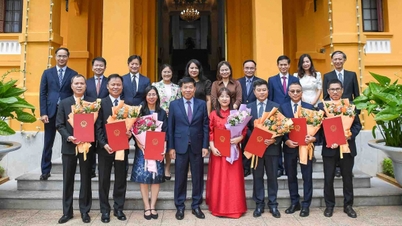
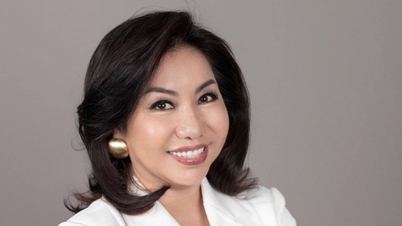
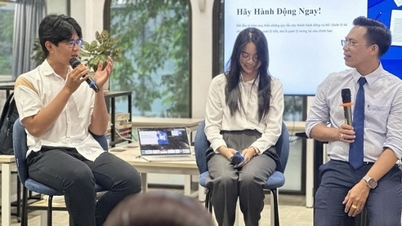
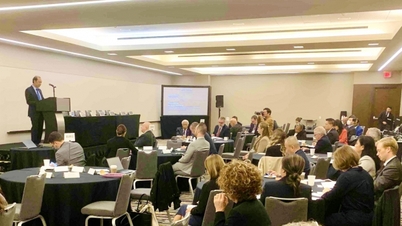
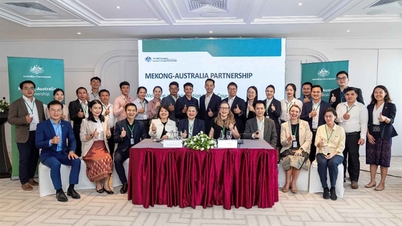



















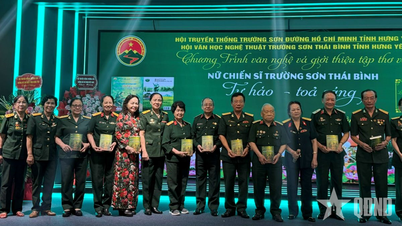















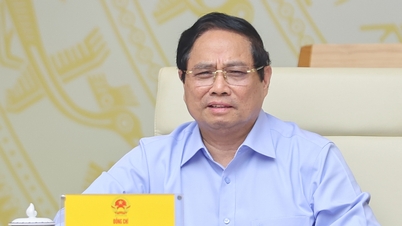
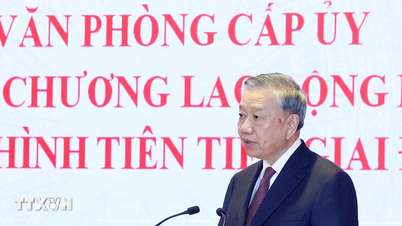

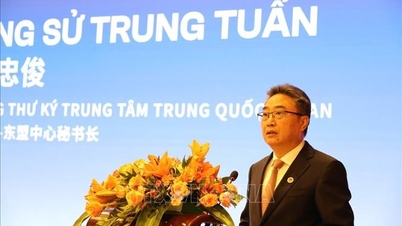
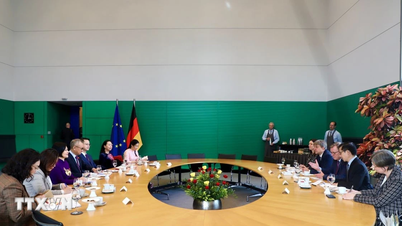










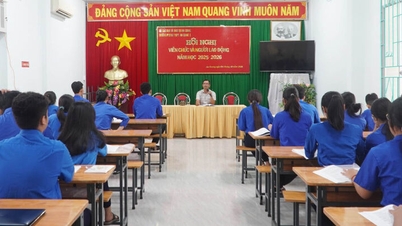

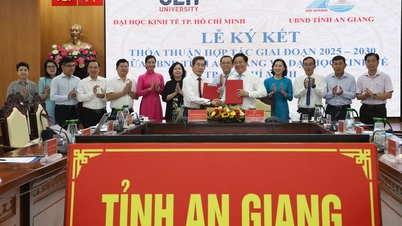


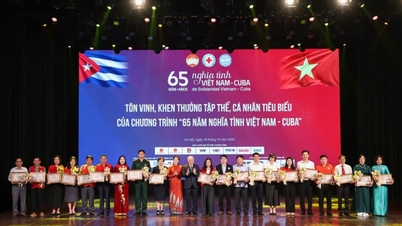

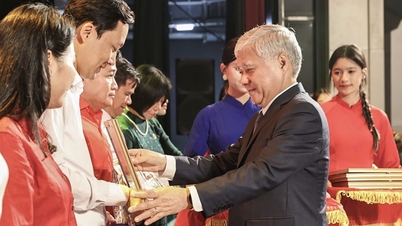


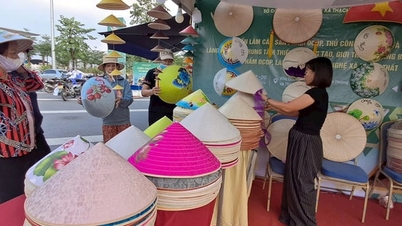









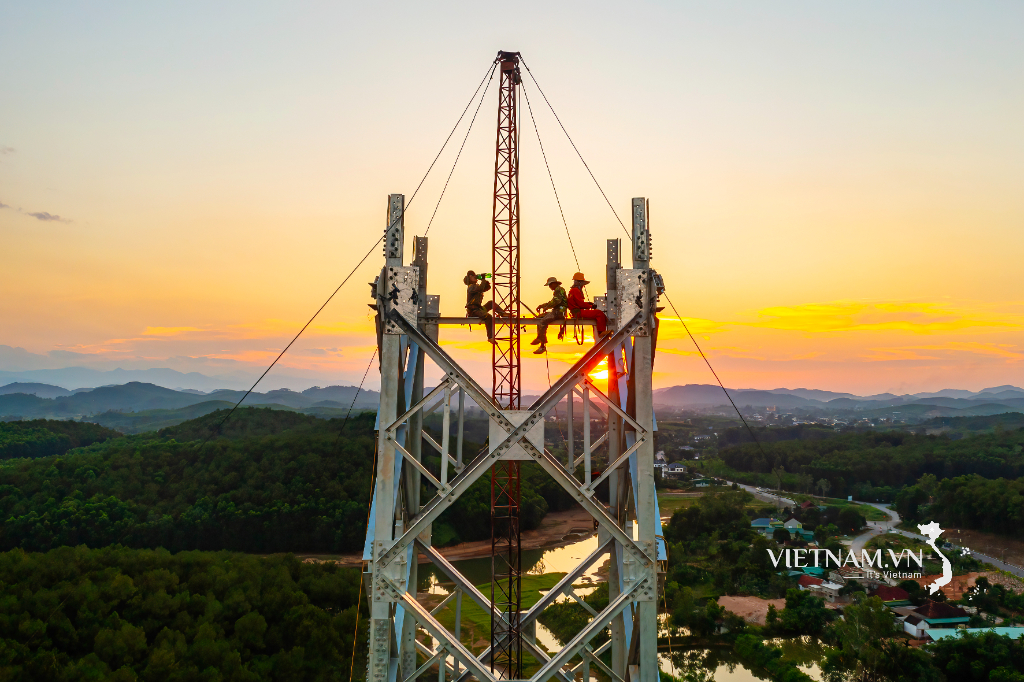

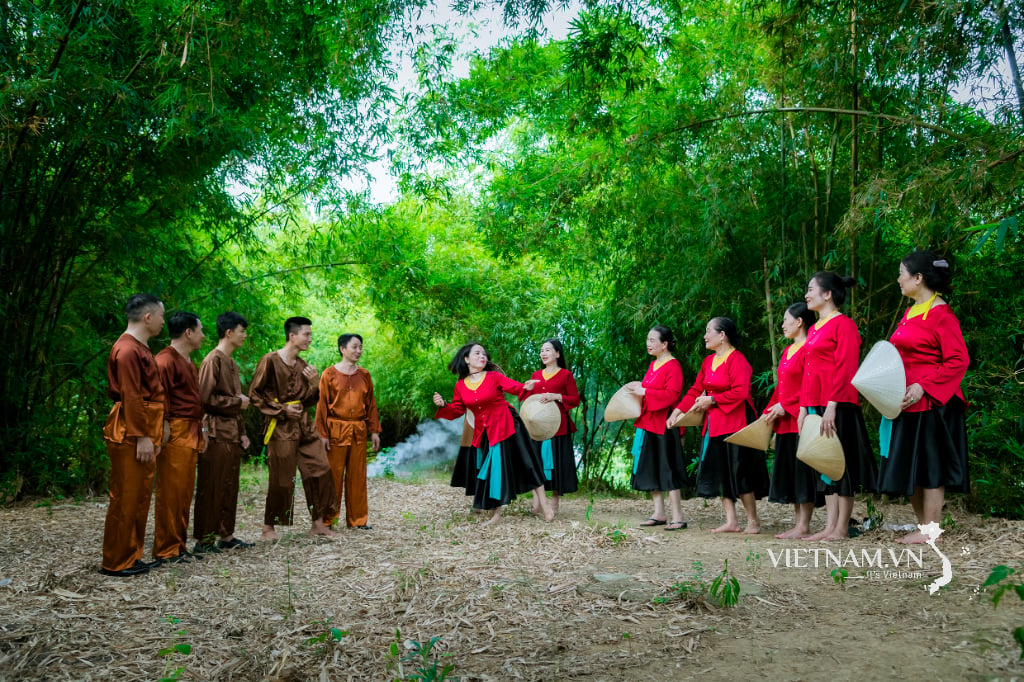
Comment (0)